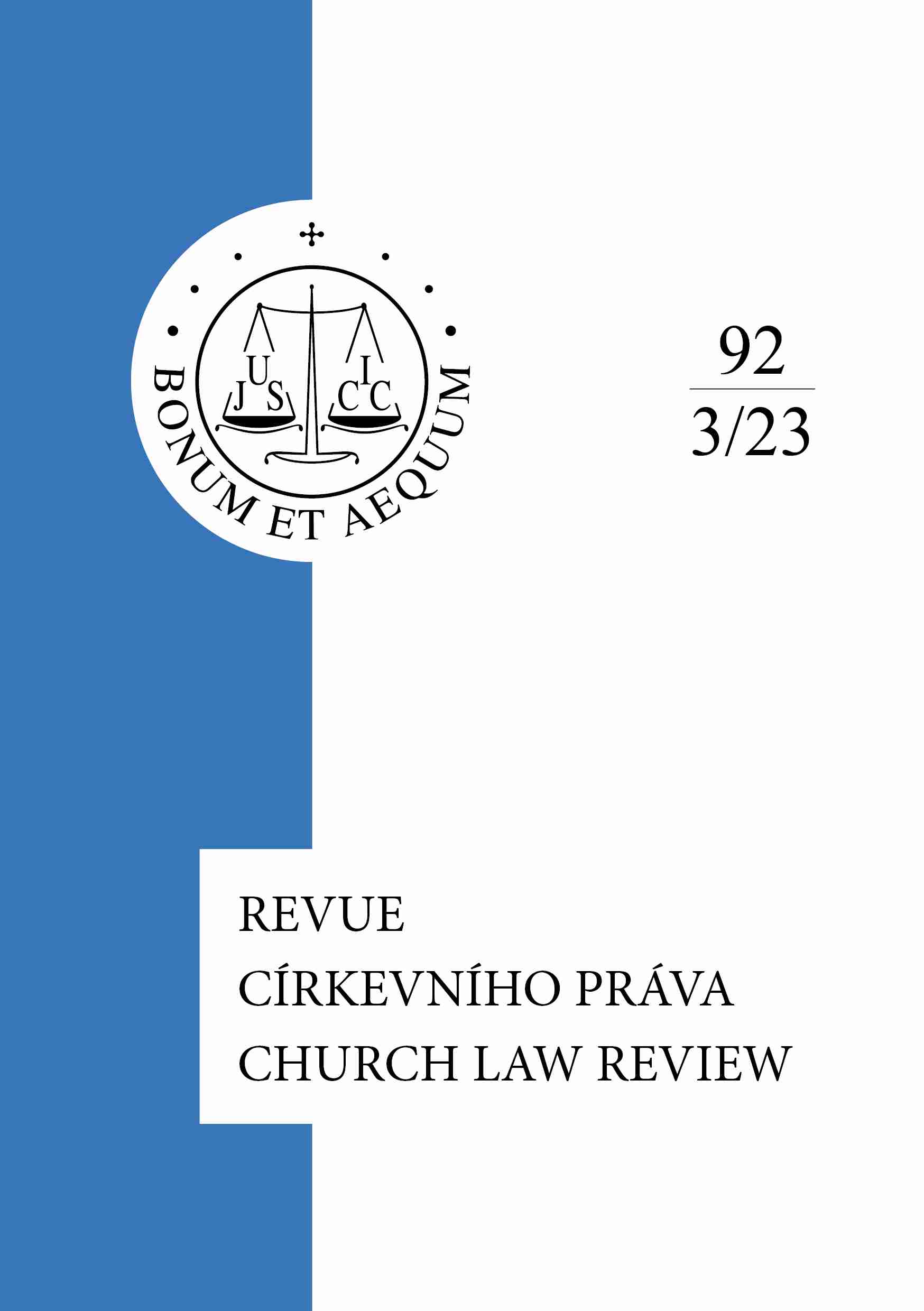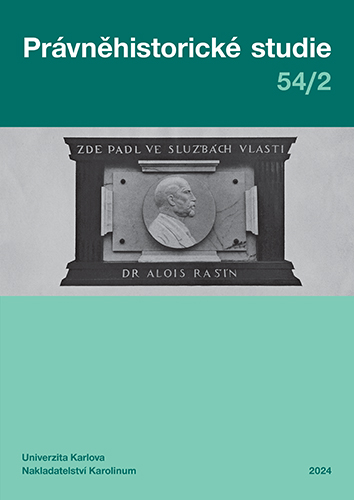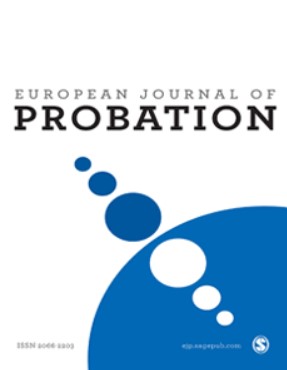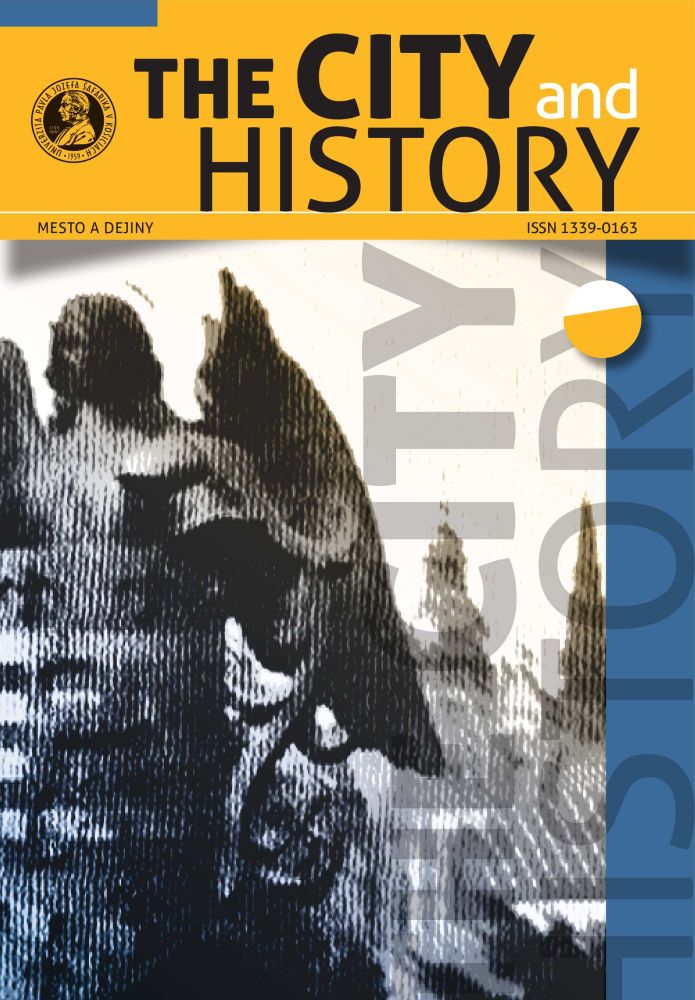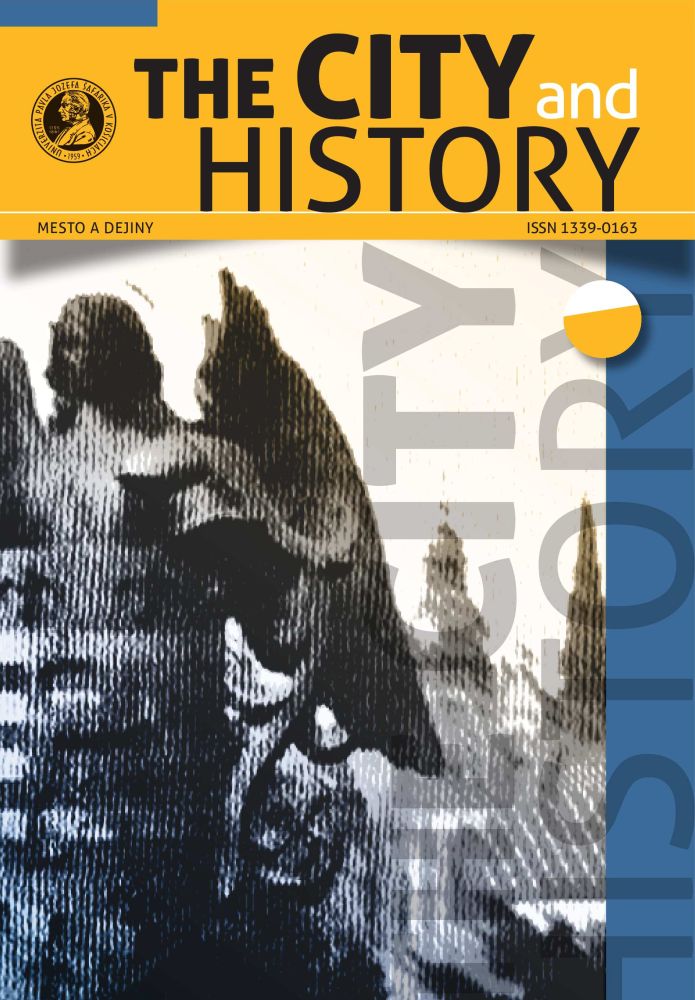
Zaprowadzanie sprawiedliwości. Śledztwa i postępowania sądowe wobec funkcjonariuszy aparatu okupacyjnego i Polaków w służbie niemieckiej z Kreis Miechów
The article is a discussion and analysis of more than a dozen investigations and criminal proceedings conducted in the years 1945–1975 in Germany (East Germany and West Germany) and in the People’s Republic of Poland concerning the crimes committed by German police and civil administration officers, gendarmes, border policemen and Poles in German service from the occupation area of Miechów county. The author discusses how the investigations were carried out: the collection and evaluation of the credibility and the cognitive value of the evidence, especially of survivor testimonies, defense strategies of the accused, the harshness of sentences handed down, and the contacts between the Central Office of the State Justice Administrations for the Investigation of National Socialist Crimes (Zentrale Stelle der Landesjustizverwaltungen) in Ludwigsburg and the German prosecutors and the Main Commission for the Investigation of Nazi Crimes in Poland and the District Commission in Cracow. The source base consists of documents from the Institute of National Remembrance branches in Cracow and Kielce, the Yad Vashem Archives, as well as several published verdicts.
More...
